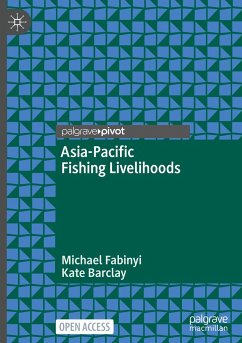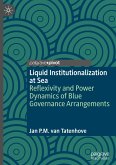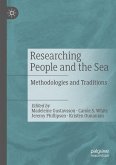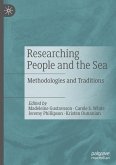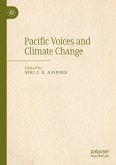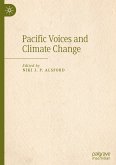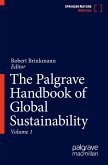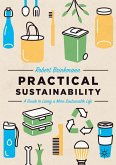This open access book explores fishing livelihoods within their wider contexts. Drawing on case studies from across the Asia-Pacific region, the book highlights how fishing livelihoods are shaped by globalisation, social relationships and governance. The book concludes by showing how better understanding these relationships can contribute to governance for healthier ecosystems and social wellbeing.
This is an open access book.
This is an open access book.
This is an open access book.
This is an open access book.
"Asia-Pacific Fishing Livelihoods shows what could be addressed in fisheries management, why it is important to address ... . It is an easily accessible and concise synopsis to be considered by academics and practitioners alike as they continue to inform and shape policies that dramatically impact the health and well-being of millions involved in fisheries livelihoods and, more broadly, to the billions of socially and ecologically marginalized who rely on access and utilization of government-managed resources." (David Fazzino, Maritime Studies, Vol. 21 (2), June, 2022)

